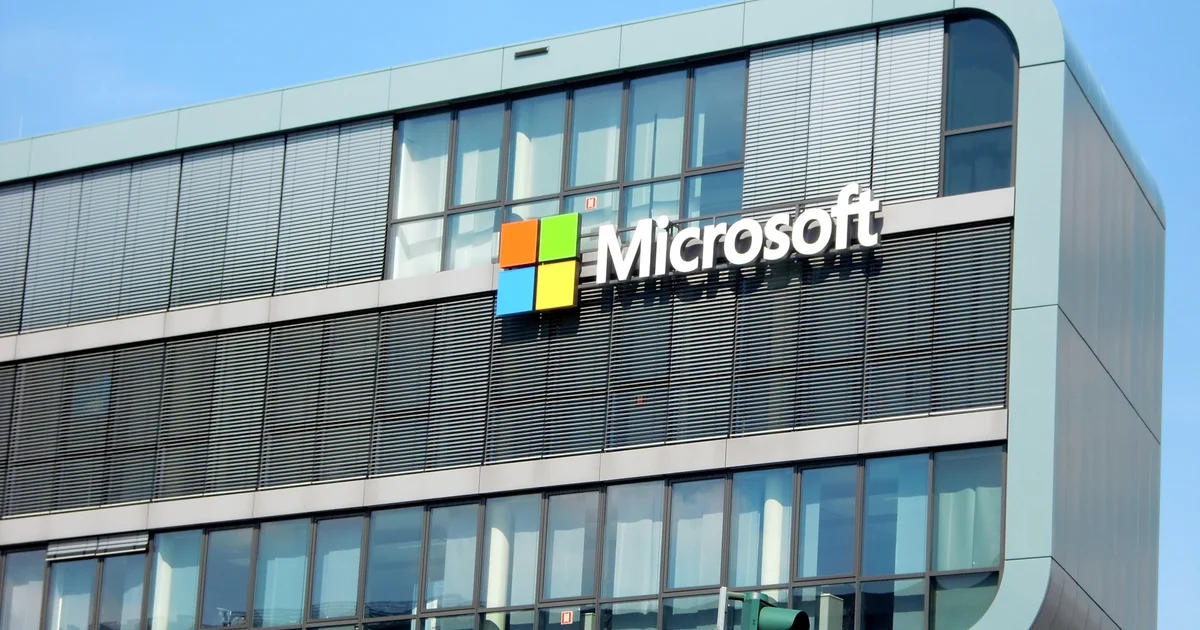Microsoft has announced its roadmap for developing its own quantum supercomputer, utilizing the topological qubits that its researchers have been working on for several years. While there are still multiple milestones to achieve, Microsoft’s Vice President of Advanced Quantum Development, Krysta Svore, stated that the company believes it will take less than a decade to construct a quantum supercomputer using these qubits, capable of reliably performing one million quantum operations per second. This new measurement reflects the industry’s goal of advancing beyond the current era of noisy intermediate-scale quantum (NISQ) computing.
Svore affirmed, “We think about our roadmap and the time to the quantum supercomputer in terms of years rather than decades.”
In a significant breakthrough last year, Microsoft’s team demonstrated its ability to create Majorana-based qubits, which are known for their stability but are also incredibly challenging to produce. Building on this progress, the team has now published a peer-reviewed paper in the American Physical Society’s Physical Review B, confirming the achievement of this initial milestone on the path to a quantum supercomputer. Microsoft presented results from a greater number of devices and substantially more data than before.
Svore explained, “Today, we’re really at this foundational implementation level… The next level we need to get to as an industry is the resilient level. We need to be able to operate not just with physical qubits, but we need to take those physical qubits and put them into an error-correcting code and use them as a unit to serve as a logical qubit.” Svore emphasized the importance of reaching a quantum computer that can perform one million reliable quantum operations per second, with a failure rate of one per trillion operations.
The upcoming focus for Microsoft’s team is on constructing hardware-protected qubits. Svore stated that they are making significant progress in this area, aiming for qubits that are small (less than 10 microns on a side) and capable of performing a single qubit operation in less than a microsecond. Subsequently, the team plans to work on entangling these qubits through a process called braiding. This progression will lead to the development of a smaller multiqubit system and the demonstration of a full-scale quantum system.
Microsoft’s roadmap signals its commitment to quantum computing advancement and the potential future impact of this technology across various industries.



![[CITYPNG.COM]White Google Play PlayStore Logo – 1500×1500](https://startupnews.fyi/wp-content/uploads/2025/08/CITYPNG.COMWhite-Google-Play-PlayStore-Logo-1500x1500-1-630x630.png)